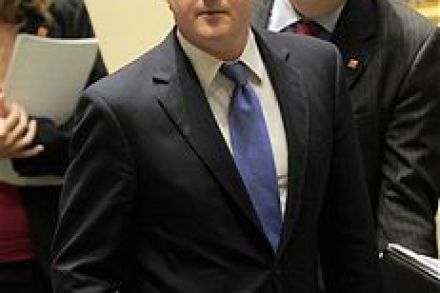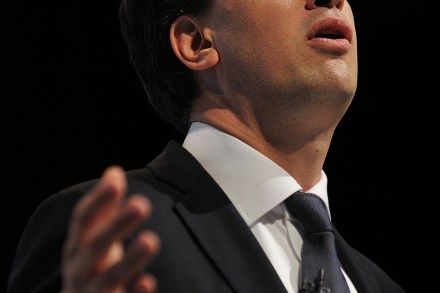What Fleet Street made of Osborne’s speech
The abiding image of this conference may be the sight of Steve Hilton apparently shepherding the turbulent Andrew Tyrie into a booth, from which Tyrie emerged singing George Osborne’s praises. “A huge step forward…you can some consistencies,” he said, which was an endorsement of sorts. What did everyone else make of it? As you can see, David Cameron looked morose at times, but the mood in the hall oscillated between sobriety and quiet optimism, matching Osborne’s blend of austerity and promise for the future. Fleet Street is similarly conflicted: no paper gives him an unqualified endorsement, but no paper entirely rubbishes him either. The Times concludes (£), as Tyrie did on Saturday,




















